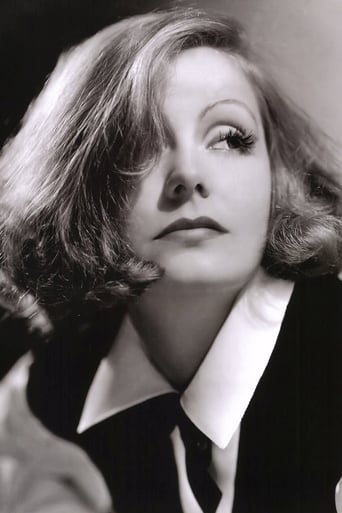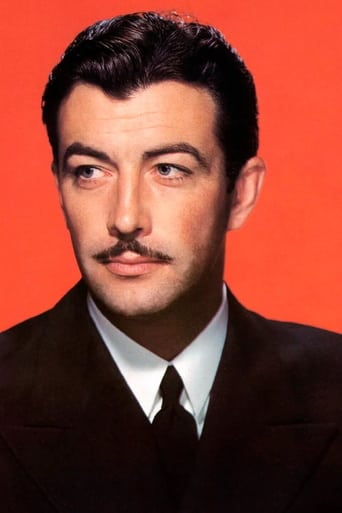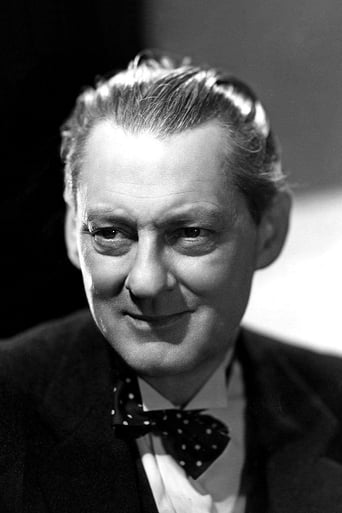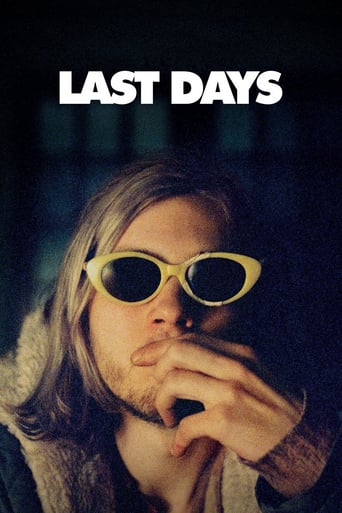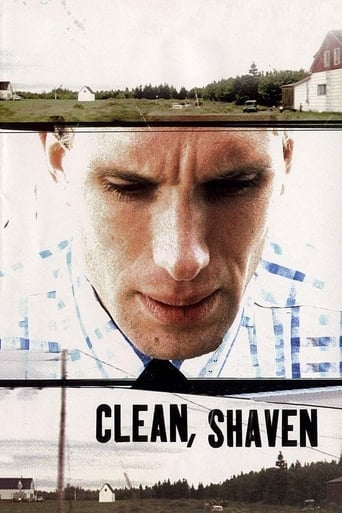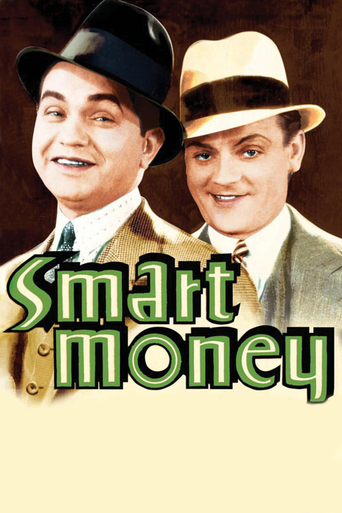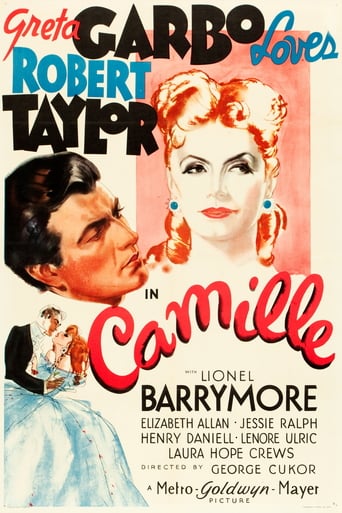
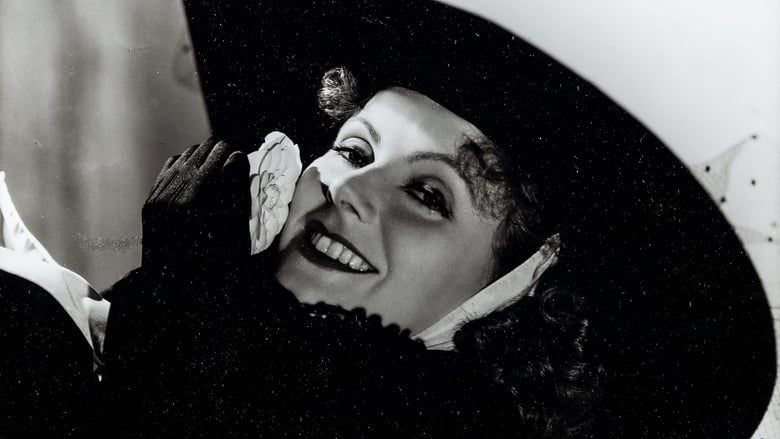
Camille (1936)
Life in 1847 Paris is as spirited as champagne and as unforgiving as the gray morning after. In gambling dens and lavish soirees, men of means exert their wills and women turned courtesans exult in pleasure. One such woman is Marguerite Gautier, who begins a sumptuous romance with Armand Duval.
Watch Trailer
Cast
Similar titles
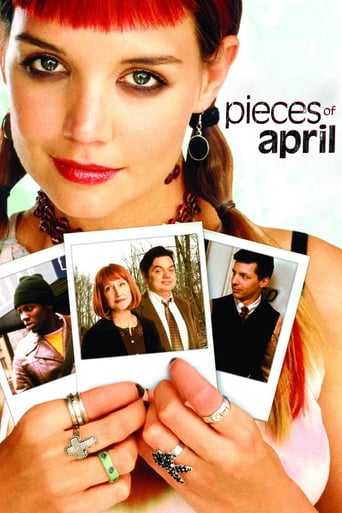
Reviews
To me, this movie is perfection.
After playing with our expectations, this turns out to be a very different sort of film.
There is, somehow, an interesting story here, as well as some good acting. There are also some good scenes
The acting in this movie is really good.
Overdone acting, as if silent screen stars were performing with exaggerated expressions and movements to make up for a silent film's lack of sound despite having it. Did not get better as it got older. Seems to be another factory produced over dramatic version of a novel no one actually reads anymore (or then).
The amazing performance of Greta Garbo is just enough to watch this movie. We can see a sick, weak and beautiful lady as the protagonist. She was Oscar nominated for the Best Actress in a Leading Role. Camille is said to be the favorite movie of the actress.All other actors, Robert Taylor, Lionel Barrymore etc. are perfect in their cast.Director George Cukor has done a great job in making the movie a very interesting Romantic Drama. The movie will remain in your heart for ever.Camille is highly recommended for those who are looking for great movies.Sameir Ali
Camille (1936)This melodramatic tale of true life in the face of the strictures of social reality is tried and true. You feel for both the male lead (Robert Taylor, who is quite good) and the female (Grate Garbo, of course, who is excellent). That's the whole point. These are two people who are not quite appropriate because they come from different social levels, but there is a sense they could make it work if they wanted to.But outside forces get in the way. Chief among them is the man's father, who wants to save his son from a marriage that will ruin both husband and wife. This is a key role in the film, and a critical if brief 10 minutes or so. The father is played, importantly, by Lionel Barrymore, who does little else int he movie. But here he makes his case to the Garbo with amazing force. It's a great scene, even if you wish Garbo would leap up and say, no, no, I'm going to follow my heart.But exactly what happens is what the movie is about. The rules of the culture of the time (1800s France) prevent an honest sense of two people marrying out of simple love for one another. In a way, that's the whole point of continuing the old Dumas story, which has resonated for decades into the Hollywood era. I'm not sure it would work now, except as an historical drama. This is set in the period (around 1850) and feels legit. Unlike the curious (and not bad) 1921 silent version, which sets it in a 1920s culture, this one transports us back to the original. Fair enough! There is a contrived quality to the plot, for sure, partly because of its origins. While this doesn't ruin the whole enterprise, there is a slight feeling of being led along the whole time. Garbo and Taylor are both terrific, however, and we feel some honesty to their feelings for one another. It's on that basis that the movie works. And it really does, even through the over the top drama in the last scene. Moving and beautiful overall.
I am not a romantic. In fact, I have a rather cynical view of relationships with women based on personal experience. Yet, it is films like Camille that sweep me up and bring me into this world of two people who love each other so much they would die. I find this hard to believe as I have never met anyone like that in this day and age, but Greta Garbo's performance as the dying Marguerite convinced me that it is possible to love someone as intensely as she does.The person she loves is the young Armand Duval, played by Robert Taylor. What I liked about his performance was that he wasn't blindly in love; rather he was hopelessly in love. When something didn't go well, his mood turned sour and he became bitter and jealous. This is a realistic reaction and fuels the story as it makes things harder to fix between him and Garbo. Watching two people who really care for one another but cannot seem to work through the outside forces trying to crush them is not easy but very much speaks to the power of love and how it can override nearly anything.The acting is strong, the sets are gorgeous and the story does not meander. These are all signs that it was directed by a veteran, like George Cukor, who would go on to direct more women in more famous roles. He was known as a women's director and his touch for working with Garbo shows here. The ending may seem a bit too much, but that is a small complaint for an otherwise very well-made and effective melodrama. Perhaps I am not so cynical after all.
